Fashion Revolution: behind the scenes of a £2 trillion industry
Fashion Revolution’s list of the most transparent brands may make you think twice about shopping at Dior, but it’s the first step in transforming the industry, says Lizzie Rivera. The first question is a simple one: who made my clothes?
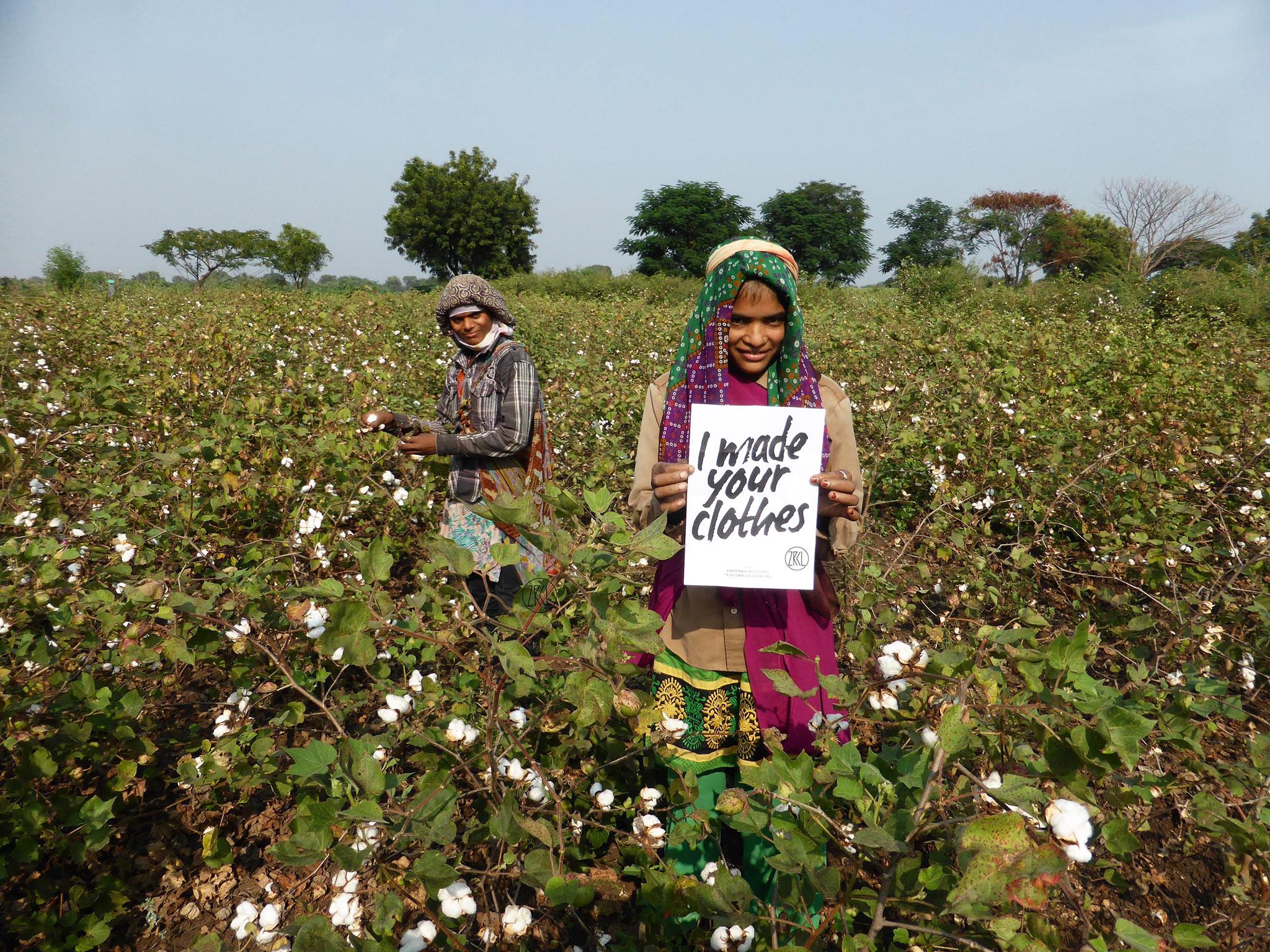
The ethics of a £2 trillion fast and cheap fashion industry are under the spotlight this week as shoppers updating their spring wardrobes are being asked to look beyond the labels and think about who’s making their clothes
Six of the world’s top 20 richest people are in retail – including billionaires Amancio Ortega from Zara, and Bernard Arnault, CEO of luxury goods conglomerate LMVH (which owns Louis Vuitton).
At the other end of the scale, 90 per cent of the 75 million people who work in fashion and textiles across the globe have “no possibility of negotiating their wages or conditions”, according to IndustriALL Global Union.
Who made my clothes?
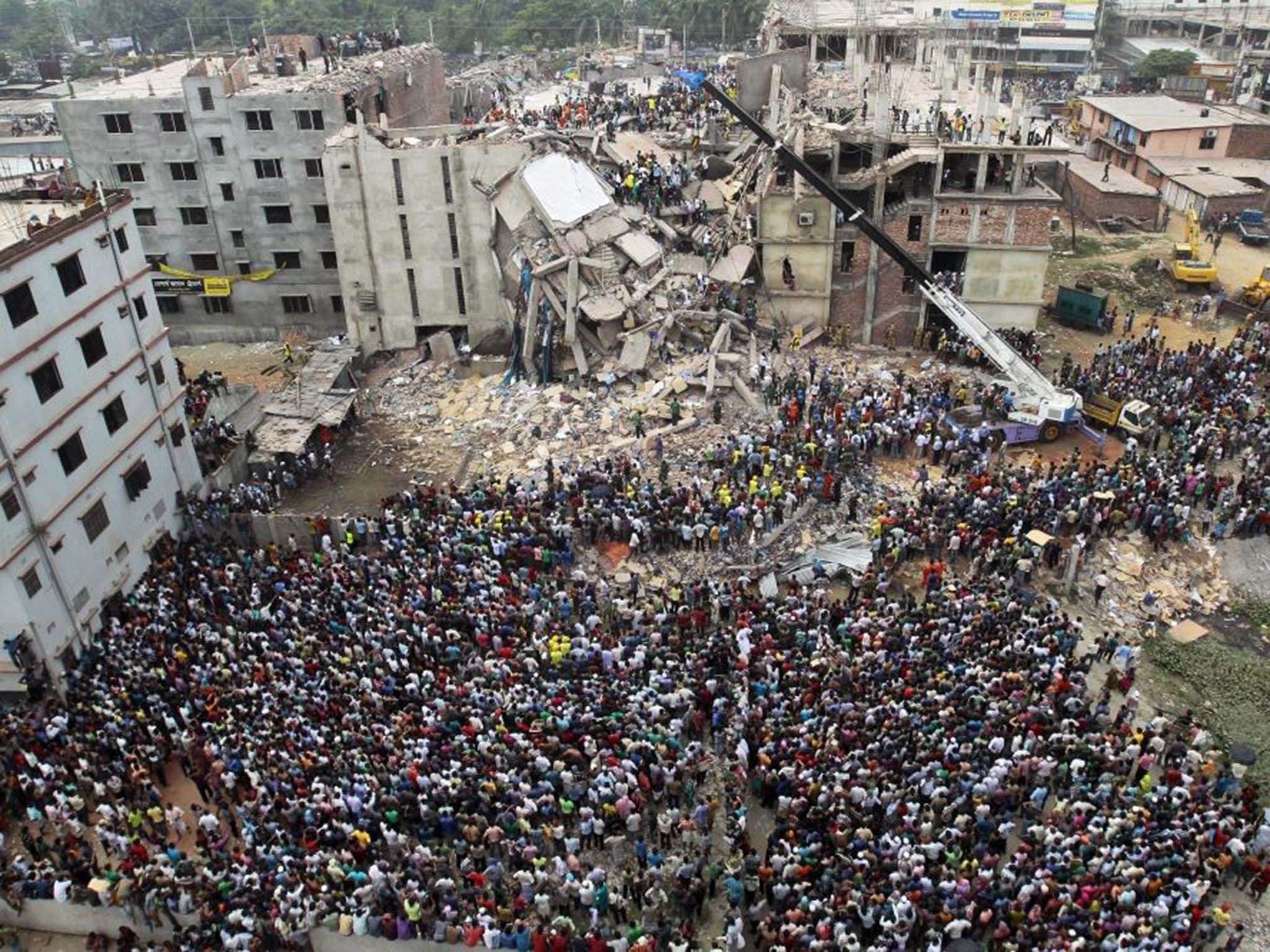
Today marks the fourth anniversary of the collapse of the Rana Plaza garment building in Bangladesh, which killed 1,134 factory workers and injured a further 2,500 people.
It’s also the start of Fashion Revolution Week, a movement that began in the UK and has built up an incredible presence in almost 100 countries since the tragedy.
Fashion Revolution’s head of policy Sarah Ditty says there have been “a couple of moments of progress” since Rana Plaza.
Passed in 2015, the Modern Slavery Act requires UK companies that turnover £36m to publish an annual report on the steps they are taking to root out forced labour. More companies are also starting to publish their supplier lists.
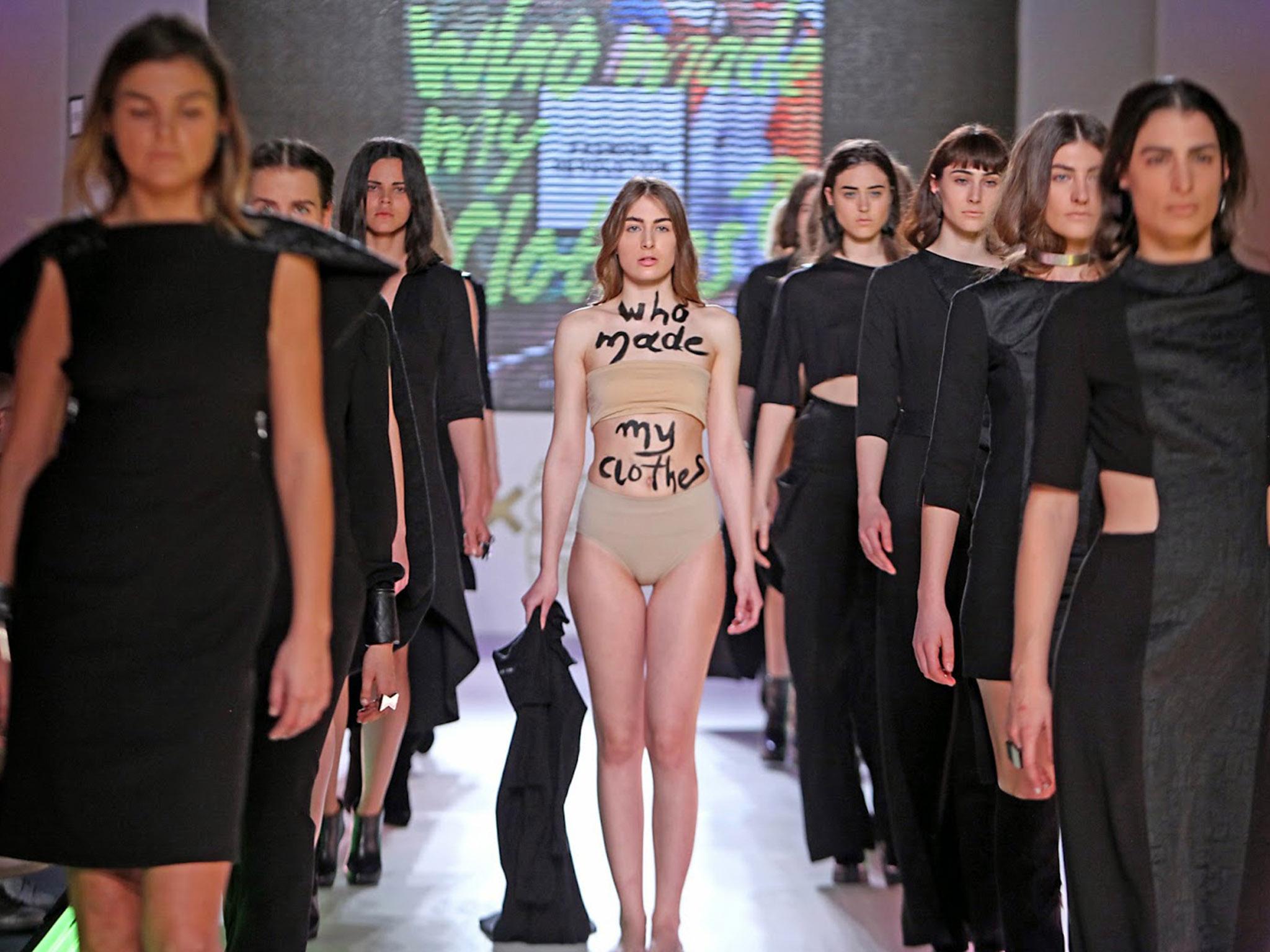
“Not much has improved for the workers in the factories yet, but this transparency gives brands greater accountability – and that leads to change,” says Ditty.
The Transparency Index
Campaigning for more openness, the non-for-profit organisation today released a review of 100 of the biggest global fashion brands and retailers, from Topshop and Urban Outfitters to Michael Kors and Prada.
“The complexity and fragmentation of the fashion supply chain was brought home to me after the Rana Plaza factory collapse, when campaigners had to physically search through the rubble for clothing labels to prove which brands were producing in there,” says Carry Somers, Fashion Revolution’s founder and global operations director.
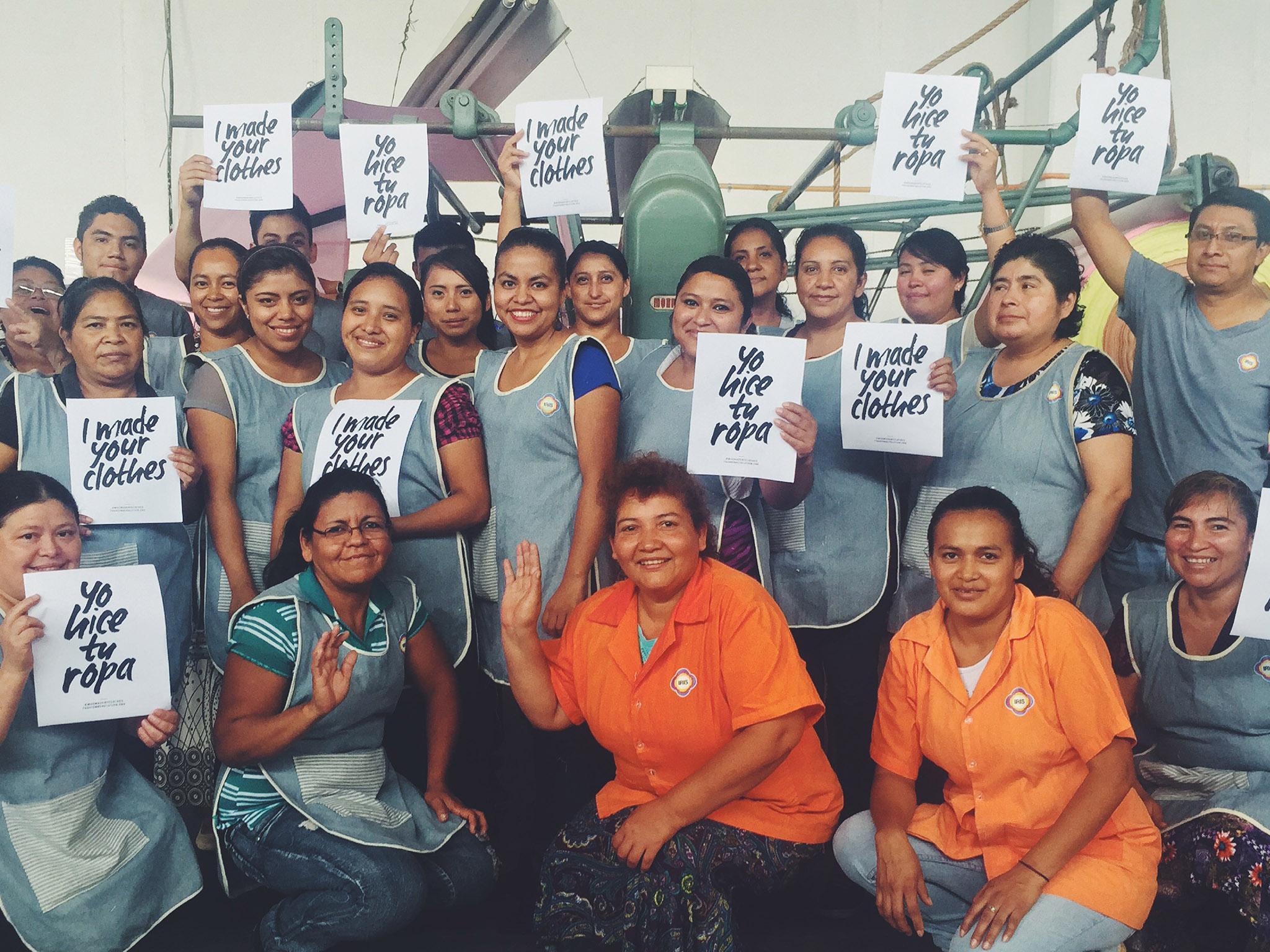
The Transparency Index, compiled between January and March this year, ranks companies according to how much they disclose about their social, environmental policies, practices and impact.
On average brands scored just 20 per cent transparency, and none scored above 50 per cent. Adidas and Reebok came out on top with 121.5 out of 250 points, closely followed by Marks & Spencer and H&M. Three brands, including luxury fashion brand Dior, scored zero as they disclose no information at all.
That’s not to say these brands are necessarily doing anything wrong (or right), just that they’re not publicly accountable for the conditions of workers at each stage of the manufacturing process.
“People have the right to know that their money is not supporting exploitation, human rights abuses and environmental destruction,” says Somers. “There is no way to hold companies and governments to account if we can’t see what is truly happening behind the scenes. This is why transparency is so essential.”
Conscious shopping
Sites such as Project Just and the newly-launched Not My Style app are attempting to unravel complex supply chains and provide shoppers with practical advice about how to shop more ethically.
There’s even a spoof Amazon-style online shop called Follow the Things that examines the journey of popular products, from factory to wardrobe.
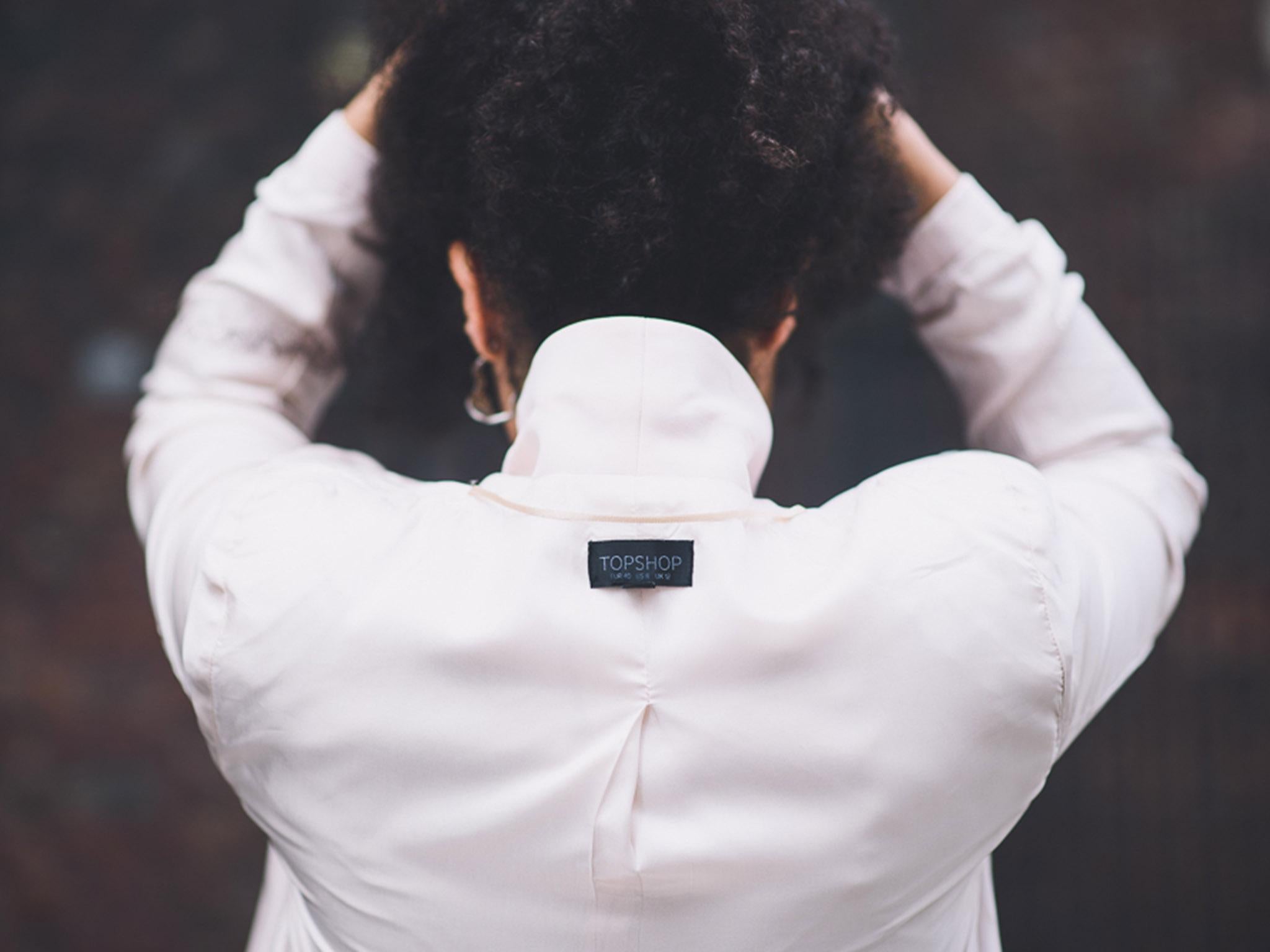
Thanks to increased consumer awareness, ethical and sustainable brands with online shops, such as People Tree and Reformation, are gaining traction, especially with women in their late teens to early thirties.
These brands prioritise aesthetics but refuse to be a slave to ever-changing trends. This means fashion lovers don’t have to make the choice between looking stylish and feeling good about what they buy. While clothes are typically more expensive than high-street brands, they have longevity.
“I think the model of fast fashion is unsustainable. A non-throwaway product offer, more sustainable design, and timing and production management is the only way to be sure that workers are being treated well and environmental laws are being respected,” says People Tree founder Safia Minney.
Minney’s advice for people with smaller budgets is to swap clothes with friends and shop for second-hand items, because at least this means garments are being re-used rather than going to landfill.
But for those that just can’t break the high-street habit? Fairtrade and Global Organic Textile Standard (GOTS) are two labels to look out for when buying cotton. Also, follow in Emma Watson’s footsteps and only buy something if you can be sure you’ll wear it 30 times to help you buy less, and slow the fast-fashion cycle.
This week all shoppers are also being asked to take a picture of their labels and tweet or Instragram the brand asking #whomademyclothes?
During last year’s Fashion Revolution Week the #whomademyclothes hashtag reached 129 million people through 70,000 social media posts. Around 1,200 brands responded, some with an opaque link to their CSR policy, others with detailed information and even photos of the garment workers.
As celebrated fashion designer and co-founder of Fashion Revolution Orsola de Castro explains: “Transparency encourages scrutiny, vigilance and accountability. It’s like opening one’s front door and allowing others to look inside. And of course, the more doors are open, the more the picture becomes clearer, the better we can understand and ameliorate supply chain workers’ lives and the environment.”
Join our commenting forum
Join thought-provoking conversations, follow other Independent readers and see their replies
Comments
Bookmark popover
Removed from bookmarks